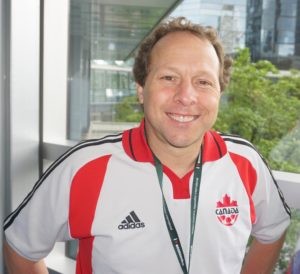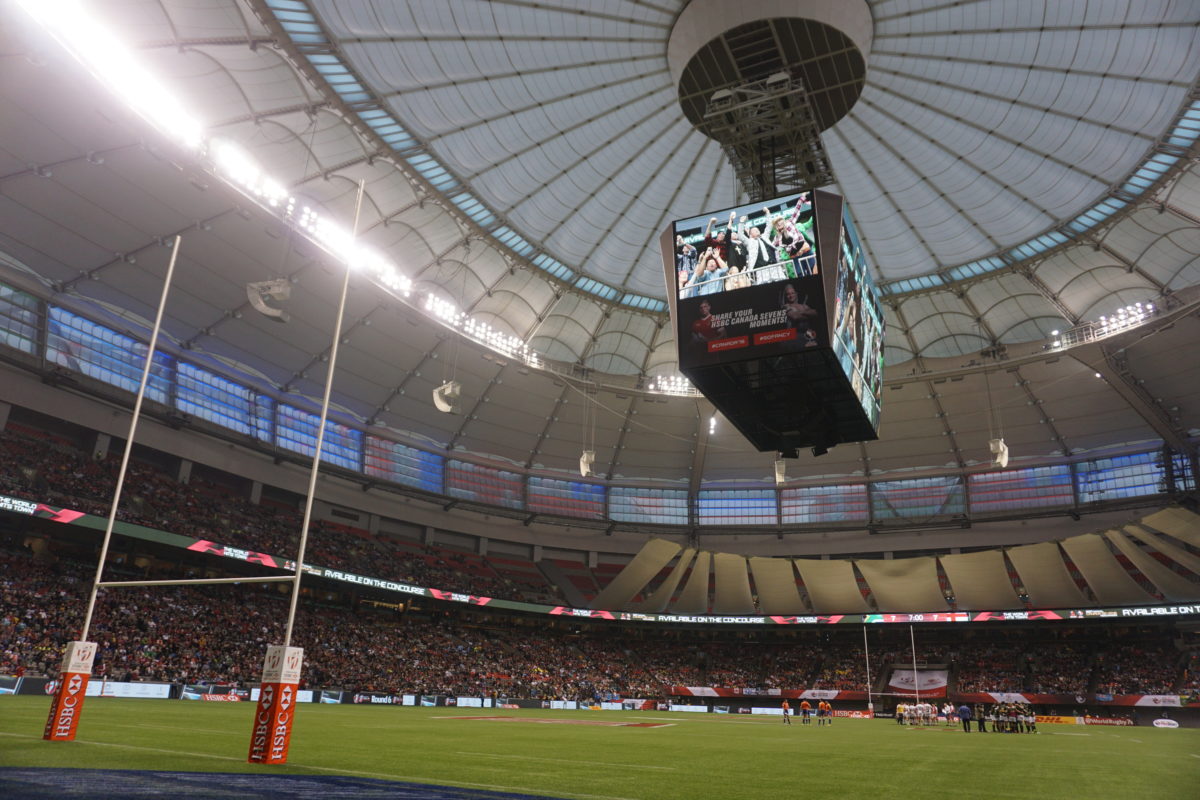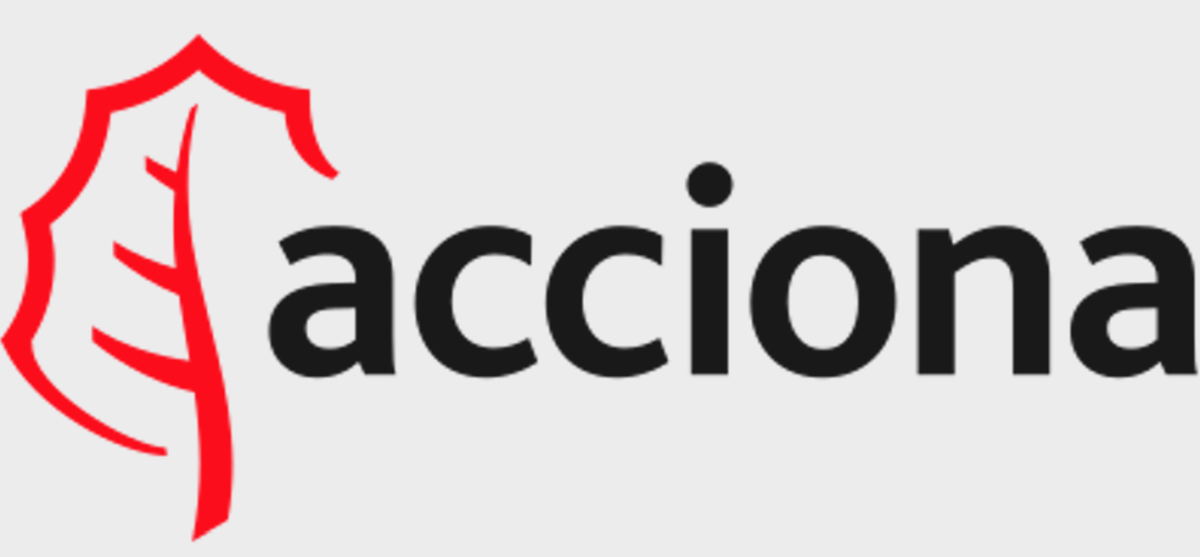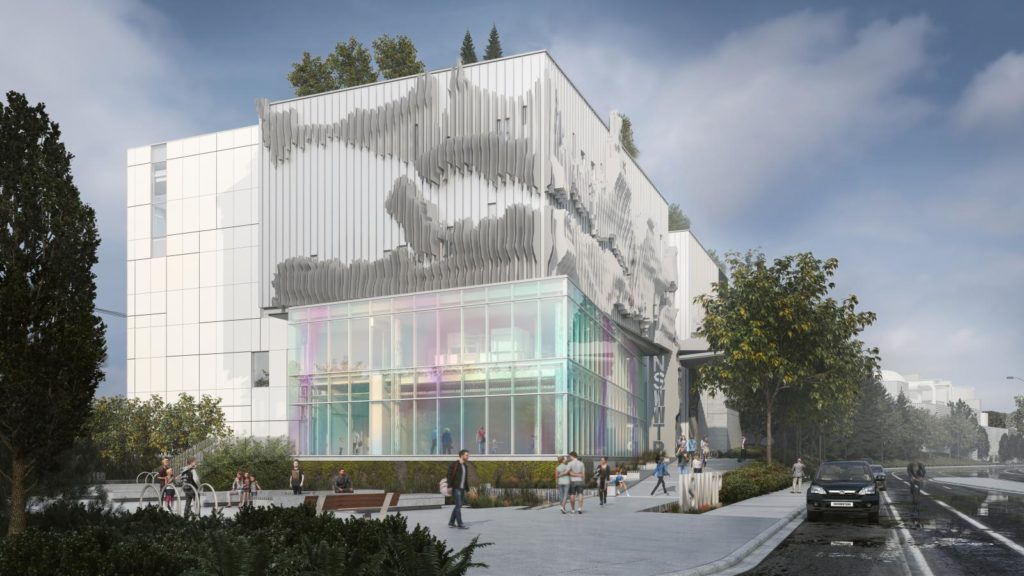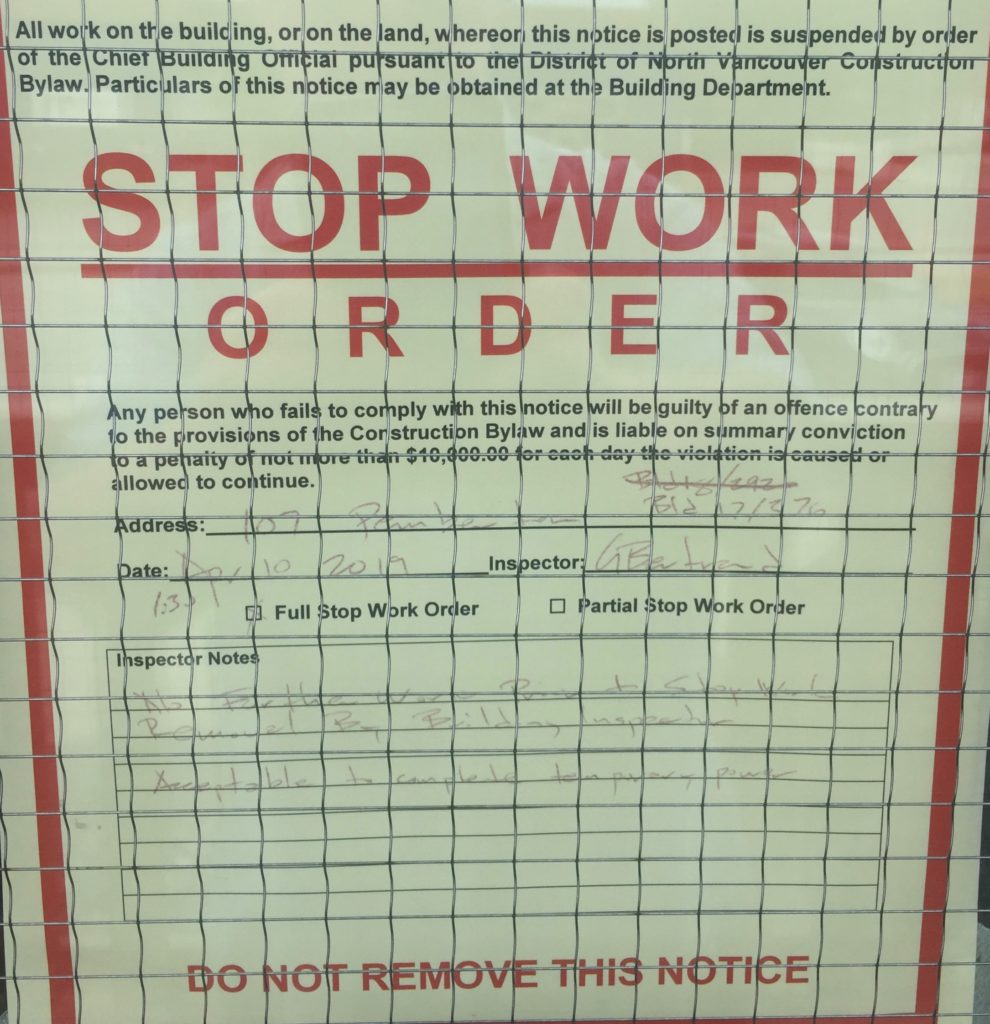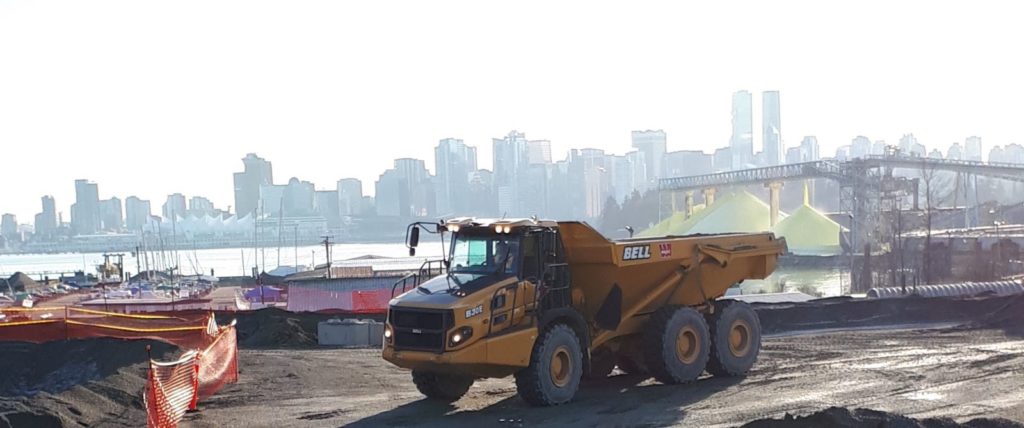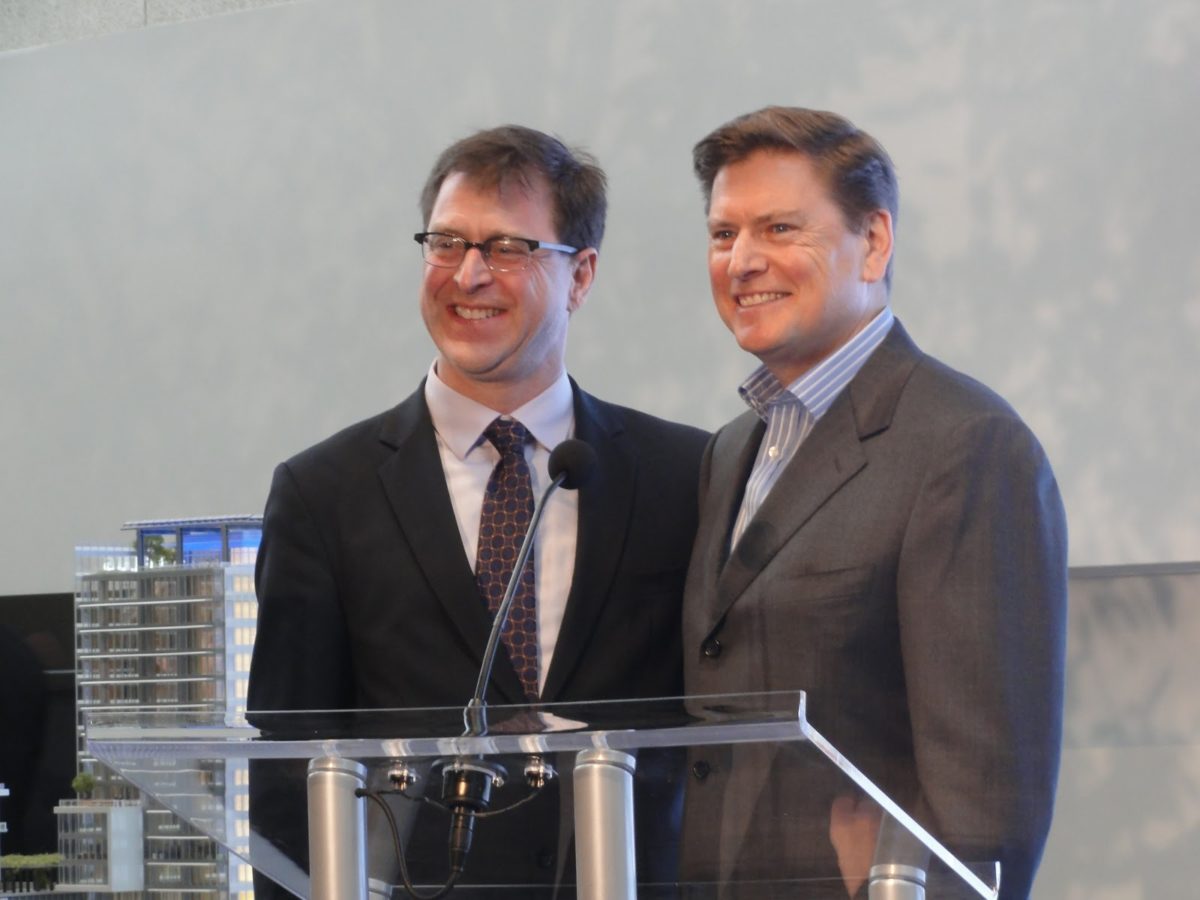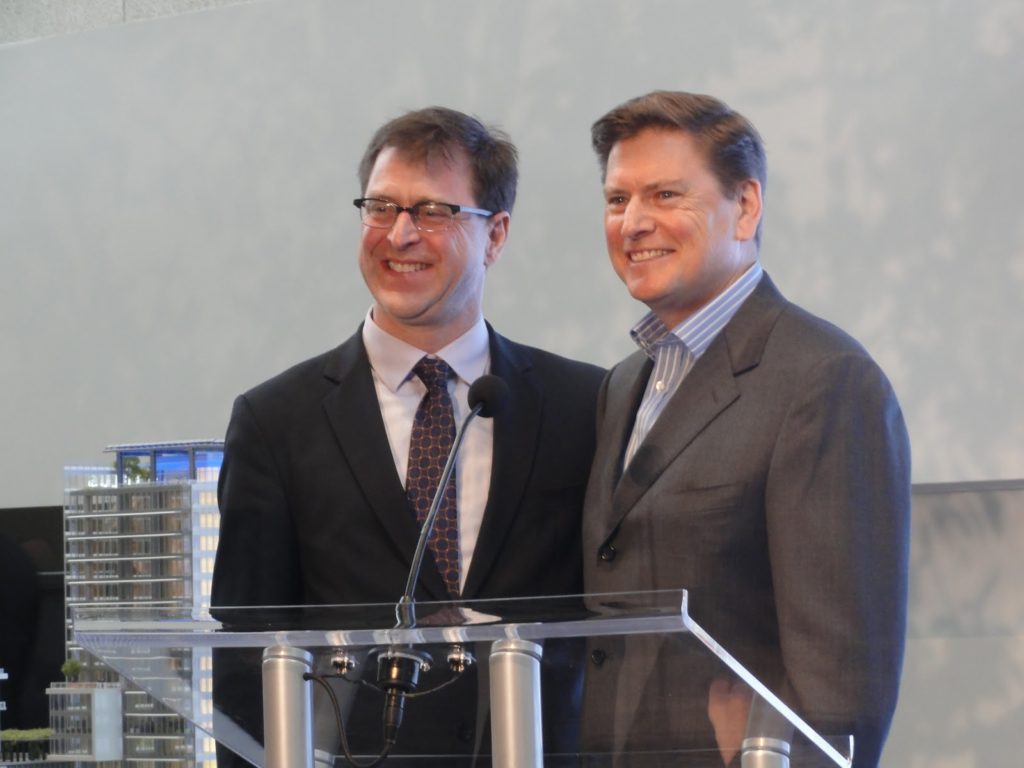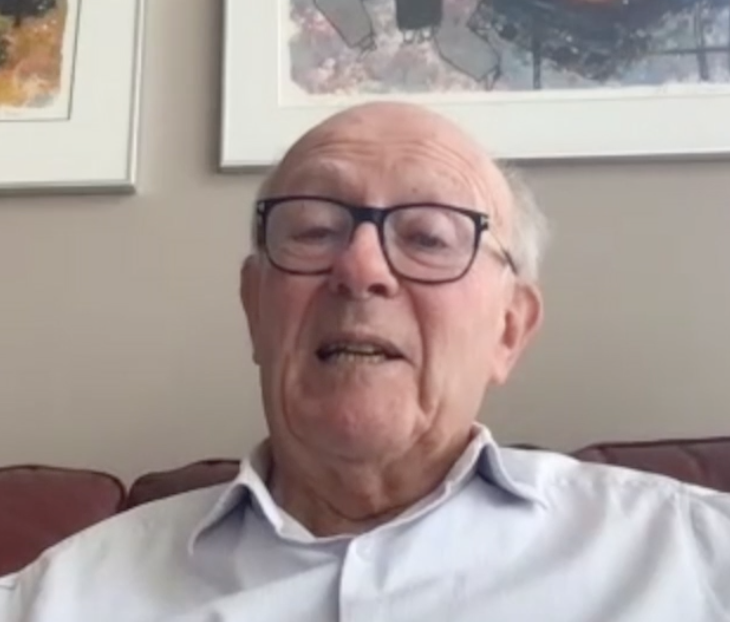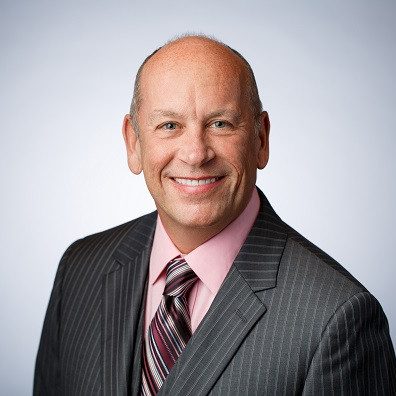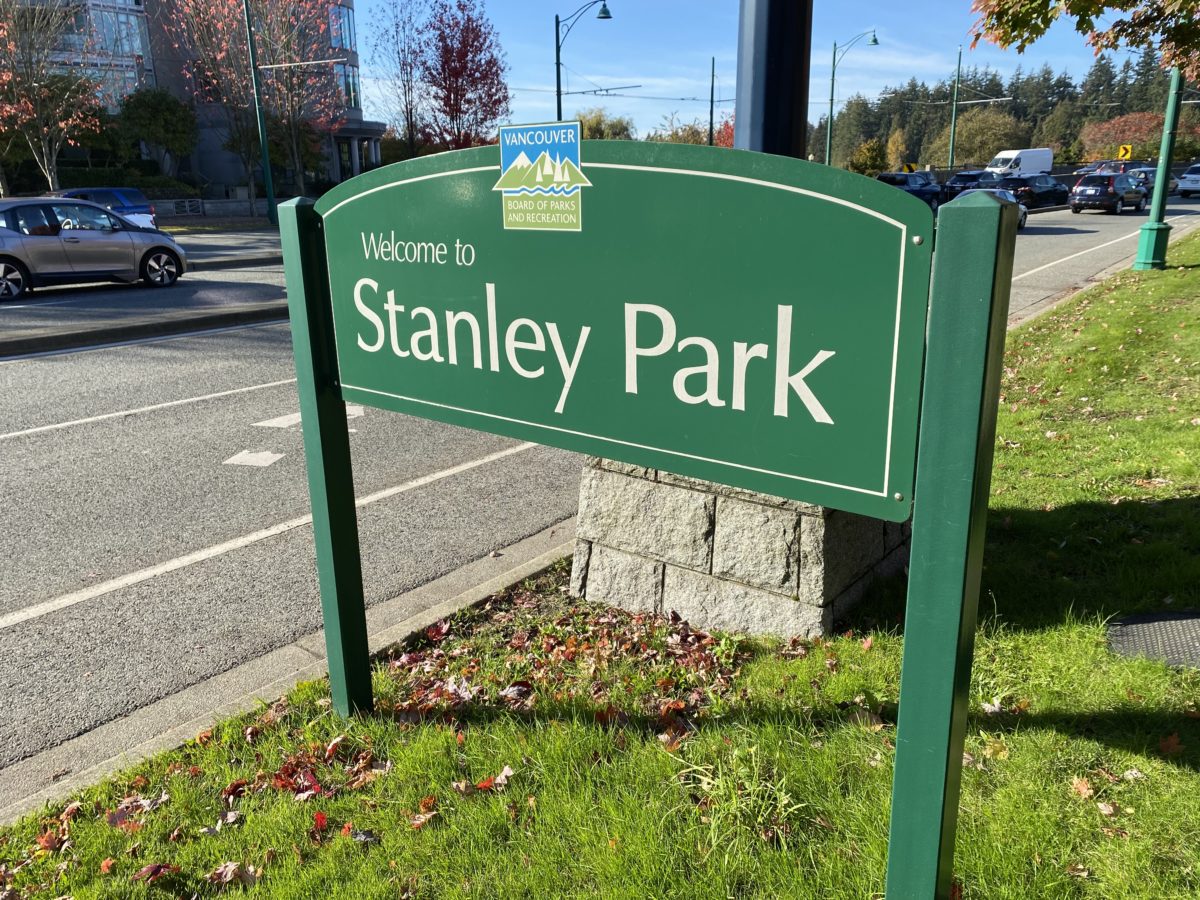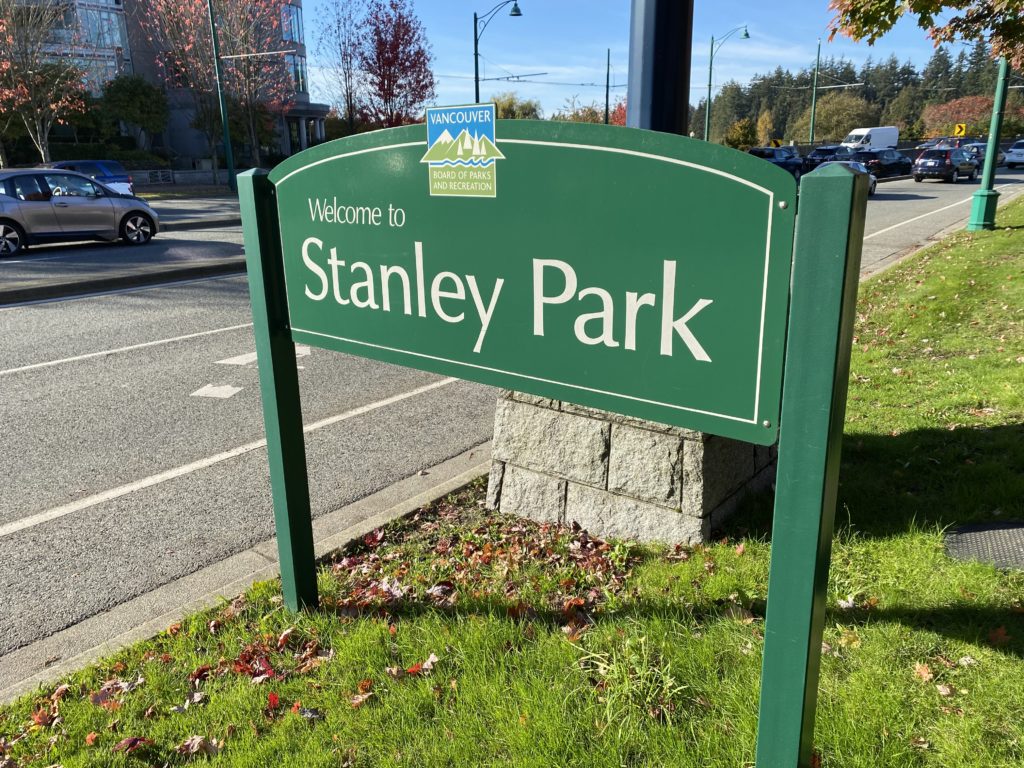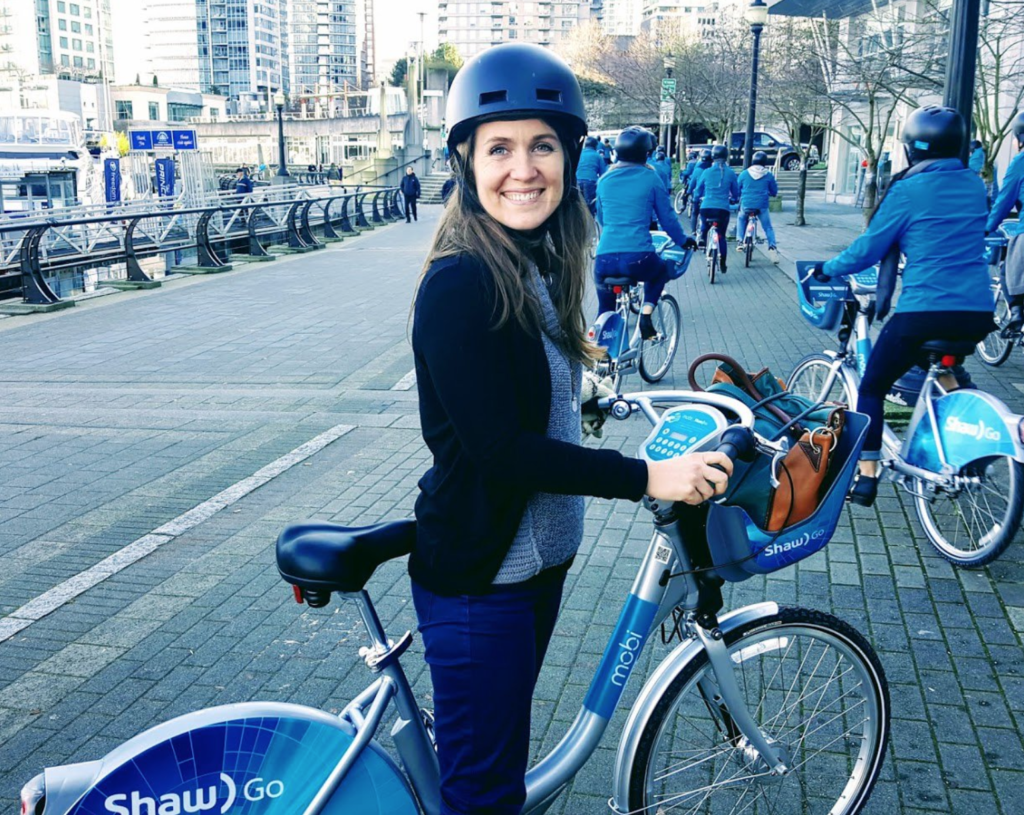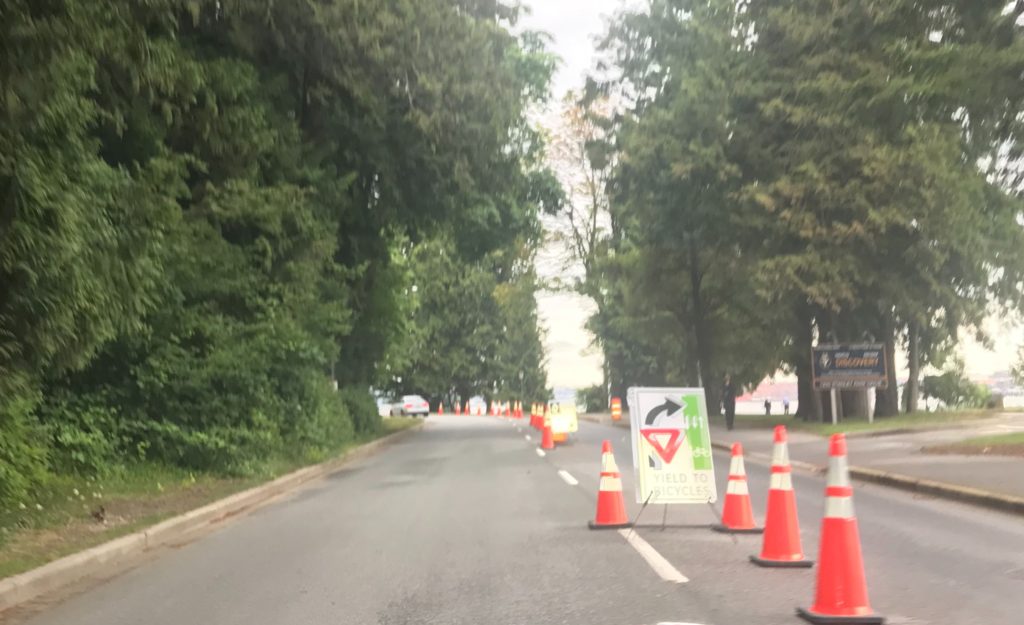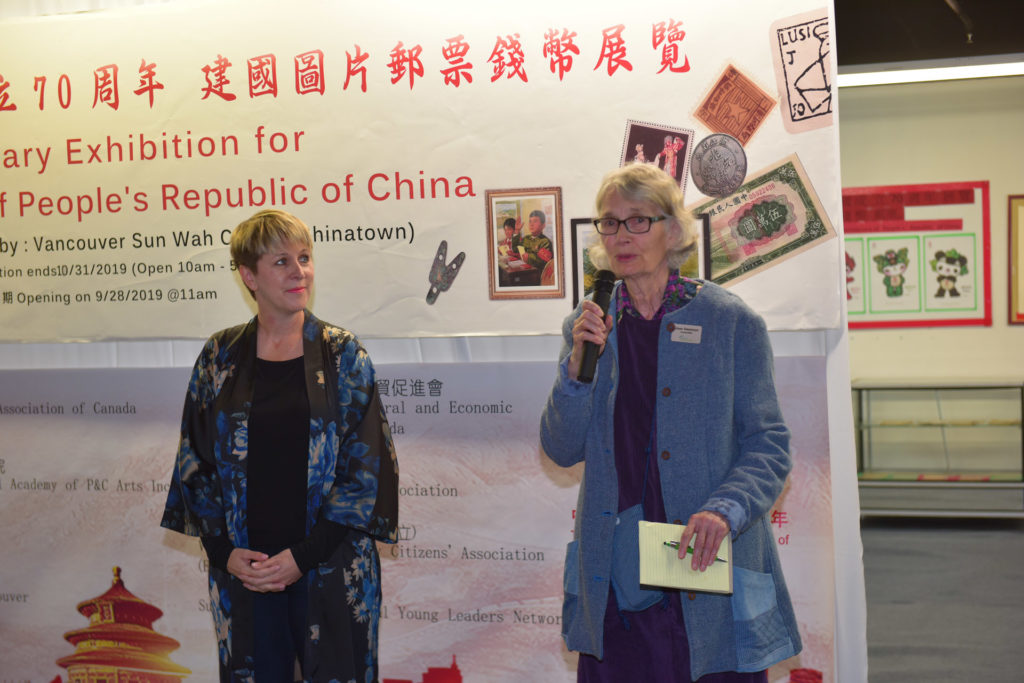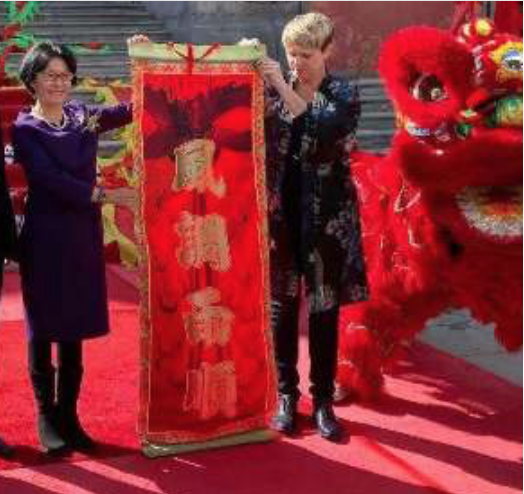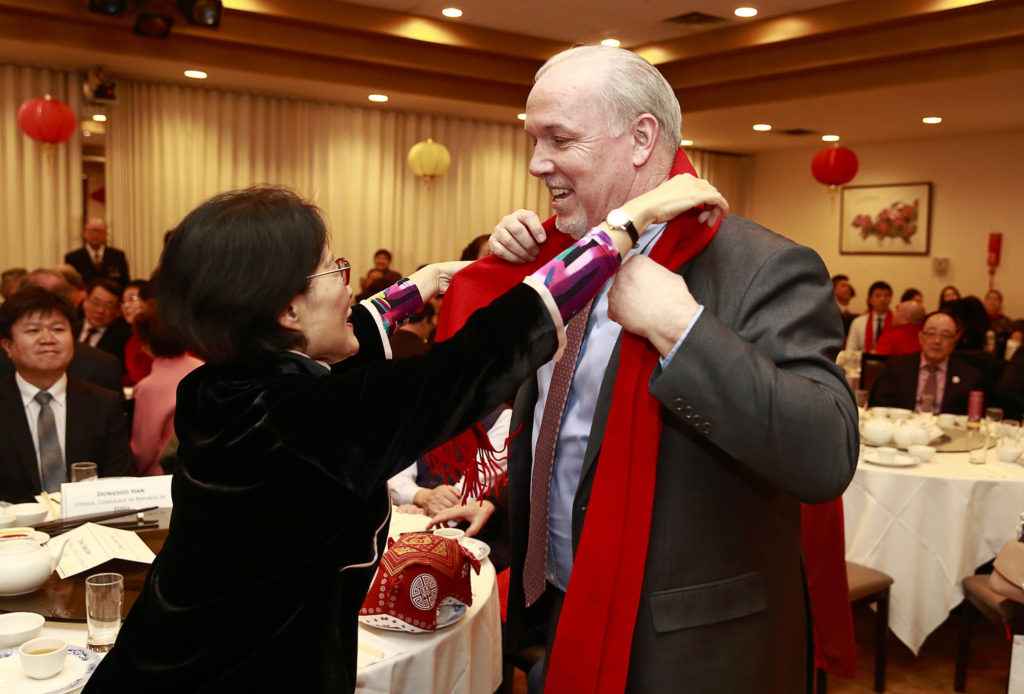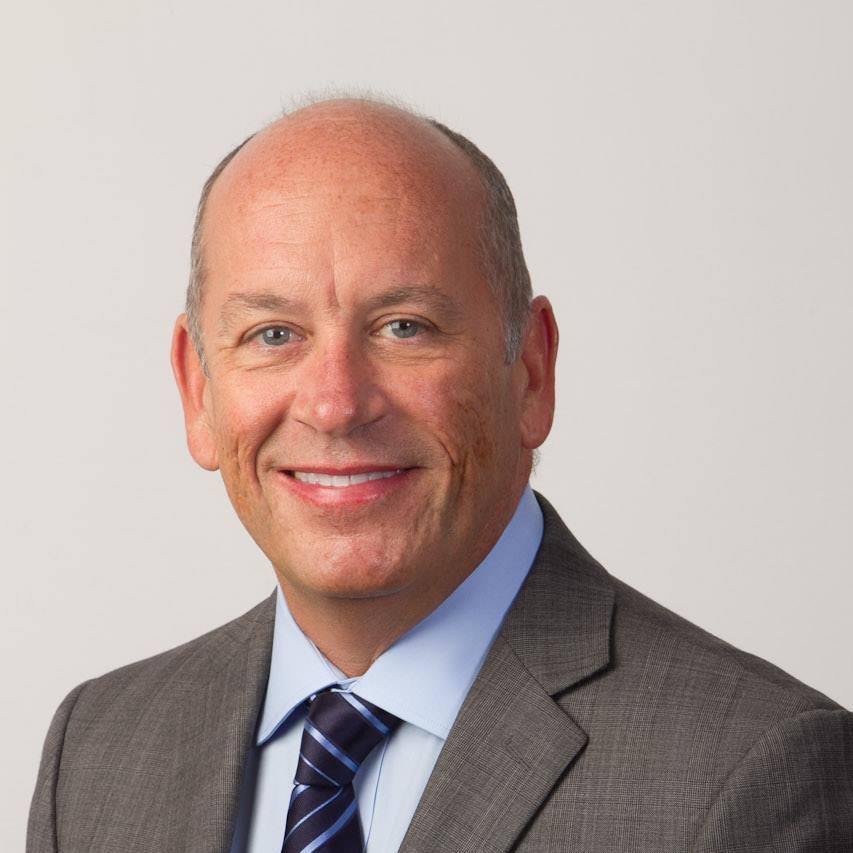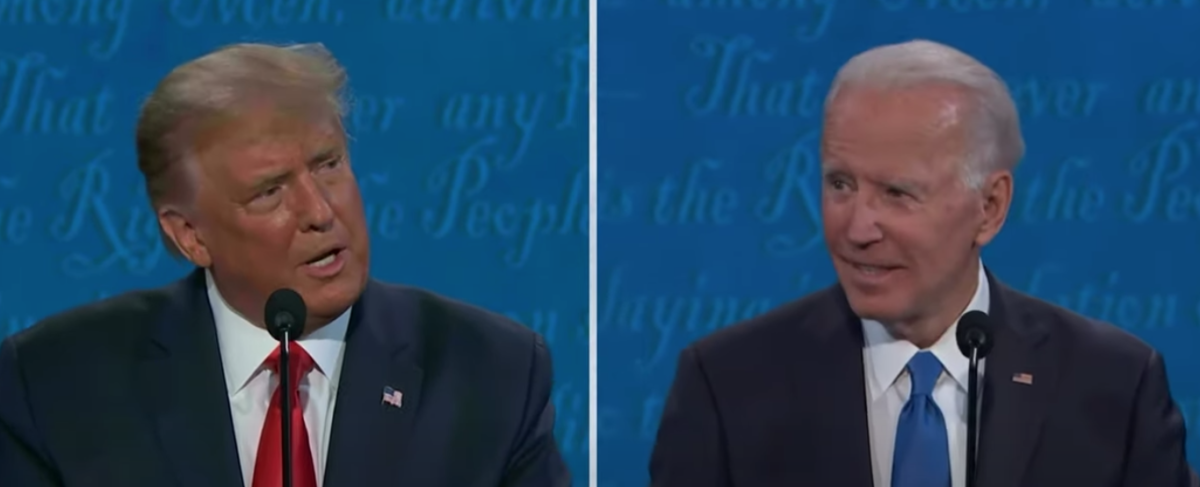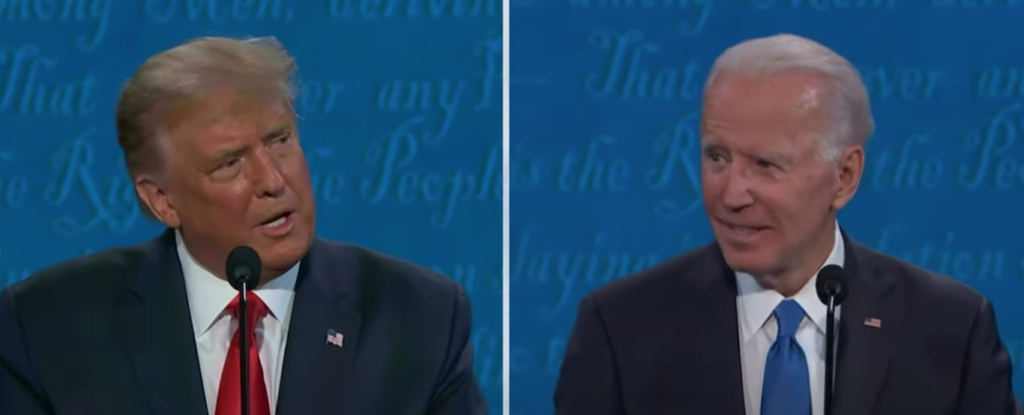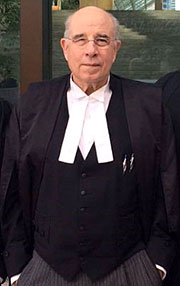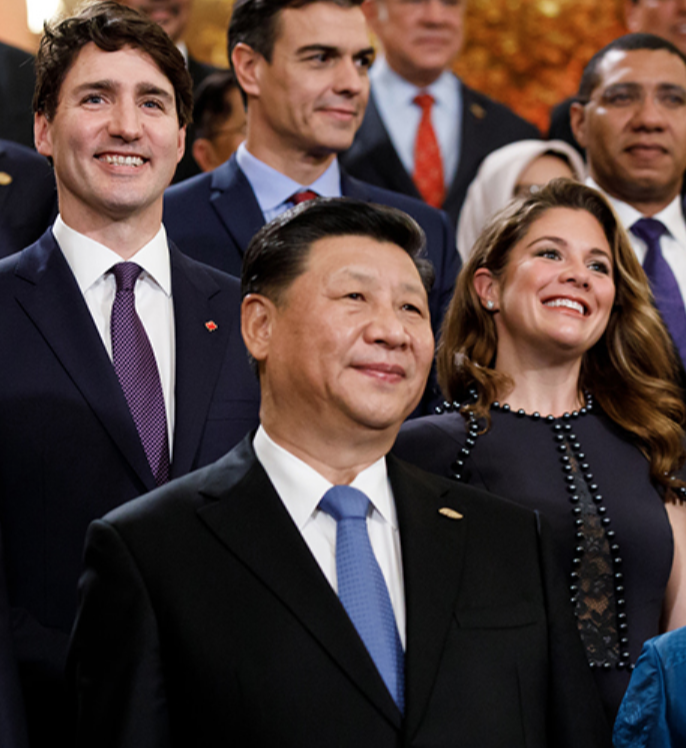Bob Mackin
Staff at the Vancouver Convention Centre found an ominous Tweet and sent it to the organizer of the 2020 Pacific Dental Conference — British Columbia’s first-known coronavirus superspreader — the day before an infected person attended.
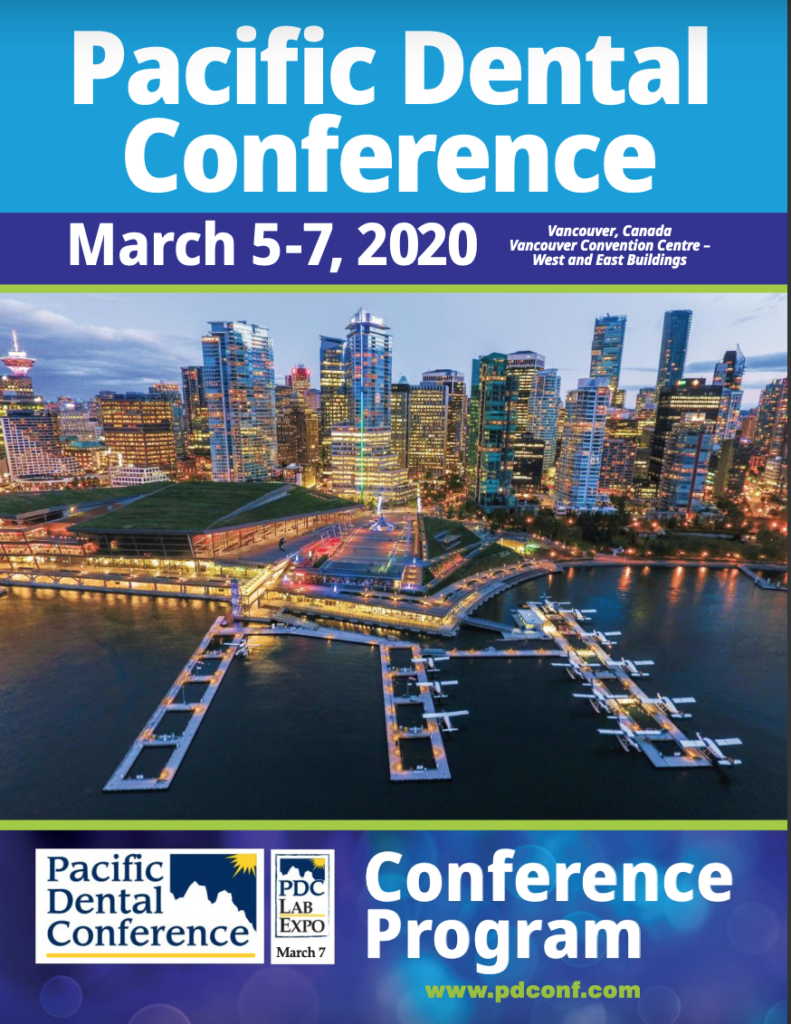
Pacific Dental Conference 2020 program: the event was B.C.’s first-known coronavirus superspreader.
“@VanConventions I was registered by our dentist to go to PDC but due to the coronavirus outbreaks, we cannot go. PLEASE POSTPONE THE CONVENTION FOR ANOTHER DATE!! DO NOT GO, I urge all of you not to go especially if you have little kids at home!!!” said the Tweet from an account with the handle @biggieshortye.
VCC client services manager Larry Scribner forwarded a screen grab to Shannon Brown, managing director of the March 5-7, 2020 conference, at 9:56 a.m. on opening day. Brown responded almost 20 hours later.
“Our current registration is at 14,735 and our sessions were running almost full yesterday so I’d say we didn’t really feel any drop in numbers on‐site,” Brown wrote.
Later on March 6, 2020, an infected person was on-site between 2 p.m. and 4 p.m. — but the public was not told for almost a week.
At least 87 cases and one death, North Vancouver dentist Dr. Denis Vincent, stemmed from the conference, which is being held virtually this year. PDC plans to resume in-person March 10-12, 2022.
In June, Dr. Bonnie Henry called it a “sentinel event” and Health Minister Adrian Dix said in year-end interviews that he regrets not cancelling the conference.
Organizers claimed they had only 36 registrants from outside Canada and the U.S., but none from China, where the virus originated. The nationalities of the 36 were not disclosed in documents released under freedom of information to theBreaker.news.

Tweet that Vancouver Convention Centre staff forwarded to the Pacific Dental Conference organizer (BC PavCo/FOI)
The full extent of the superspreader is not publicly known.
theBreaker.news applied under the freedom of information law for a copy of the anonymized contact-tracing report, but Vancouver Coastal Health has refused to release it.
B.C. government officials have released more information about how the virus spread at a February 2021 pub trivia night in Port Moody than they have about the aftermath of a conference at a Crown corporation facility. Two dozen customers and four employees at St. James’s Well tested positive. The virus spread to a school, daycare and an RCMP detachment.
Could the Pacific Dental Conference superspreader actually have been a megaspreader of global proportions?
A biotech company’s management conference in Boston in the final week of February 2020 sickened 100 of the 175 attendees. Research published in the journal Science estimates a whopping 300,000 COVID-19 cases around the world stem from the Biogen meeting at the Marriott Long Wharf Hotel.
Plan at the Pan
Coincidentally, Premier John Horgan, Henry and Dix held a news conference about the province’s pandemic response plan in the early afternoon of March 6, 2020 at the Pan Pacific Hotel’s Oceanview Room elsewhere in the Canada Place complex. The government event was over before 2 p.m.
On that day, Ministry of Health said there were 21 confirmed cases in B.C., of which four patients had fully recovered. One person was in the Vancouver General Hospital intensive care unit. B.C. Centre for Disease Control tested 2,803 samples for 2,008 people. A year later, after the virus went out of control, 83,107 were infected and 1,380 killed in B.C.
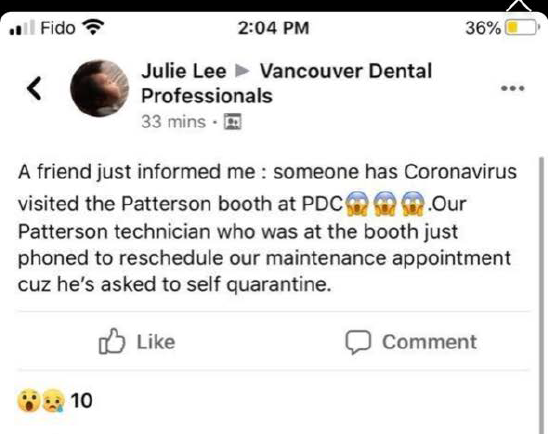
Facebook post that sparked officials to notify the public about a coronavirus exposure (BC PavCo/FOI)
Documents obtained by theBreaker.news from the B.C. Centre for Disease Control and Vancouver Coastal Health Authority show officials did not conduct a risk assessment prior to the conference. BCCDC was, however, concerned with ensuring that its Dr. David Patrick could add a 10-minute COVID-19 “recommendations and guidance” segment to his March 6 late-morning keynote speech.
It took another social media post to spur officials into action.
A message on the Vancouver Dental Professionals Facebook page read: “A friend just informed me: someone has coronavirus visited the Patterson booth at PDC. Our Patterson technician who was at the booth just phoned to reschedule our maintenance appointment cuz he’s asked to self quarantine.”
At 6:09 p.m. on March 11, Jocelyn Johnston, the B.C. Dental Association executive director, emailed Brown and VCH medical health officer Dr. John Harding about the Facebook post: “Yes, it is this bad… in the last 2 minutes I got a text and another 2 emails.”
Harding put together a news release, for publication at 10 a.m. the next morning. He asked B.C. Pavilion Corporation officials not to circulate until he did.
“I’m sharing with you in advance so that you have an opportunity to prepare your own messaging as appropriate,” Harding wrote at 7:36 p.m. on March 11.
Convention centre general manager Craig Lehto did not wait to inform staff.
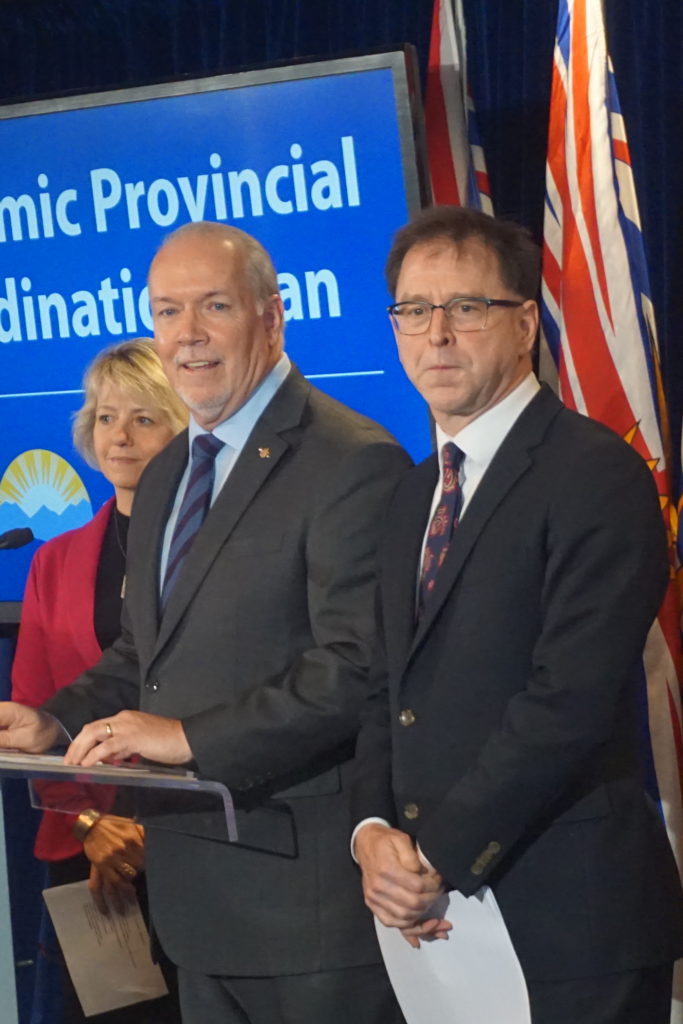
Dr. Bonnie Henry (left), Premier John Horgan and Health Minister Adrian Dix on March 6, 2020 in Vancouver (Mackin)
His 7:12 a.m. internal memo on March 12 included a frequently asked questions sheet, but reassured them that the Public Health Agency of Canada and the BC Centre for Disease Control considered the risk of the virus low after a March 11 assessment.
“The affected attendee was onsite in the West building on March 6 from 2 pm and 4 pm, and spent a majority of their time at an exhibitor booth on the trade show floor,” Lehto wrote. “VCH has advised that the individual is recovering at home and there is no ongoing risk to the community, nor is there any further risk posed at the Vancouver Convention Centre. We have also confirmed with VCH that our enhanced cleaning and sanitations measures that have been used at the facility both during and following the conference are considered appropriate.”
Harding advised participants to monitor themselves for the next 14 days for fever, cough, headache or shortness of breath. As long as they remained healthy, there was no need to quarantine.
Four days later, on March 16, a memo from B.C. Dental Association president Dr. James Singer.
Singer referred to Henry’s order for participants to quarantine until March 22 and the College of Dental Surgeons’ recommendation to cancel all elective and non-emergency services.
Singer wrote that the BCDA consulted with the Provincial Health Services Authority about the conference on Feb. 24, and “at no time was the PDC asked by any public health representatives to halt the conference.”
The only evidence of any consultation on Feb. 24 released to theBreaker.news was an email from Tara Leigh Donovan, the director of the Provincial Infection Control Network of B.C. PICNET is a division of the PHSA.
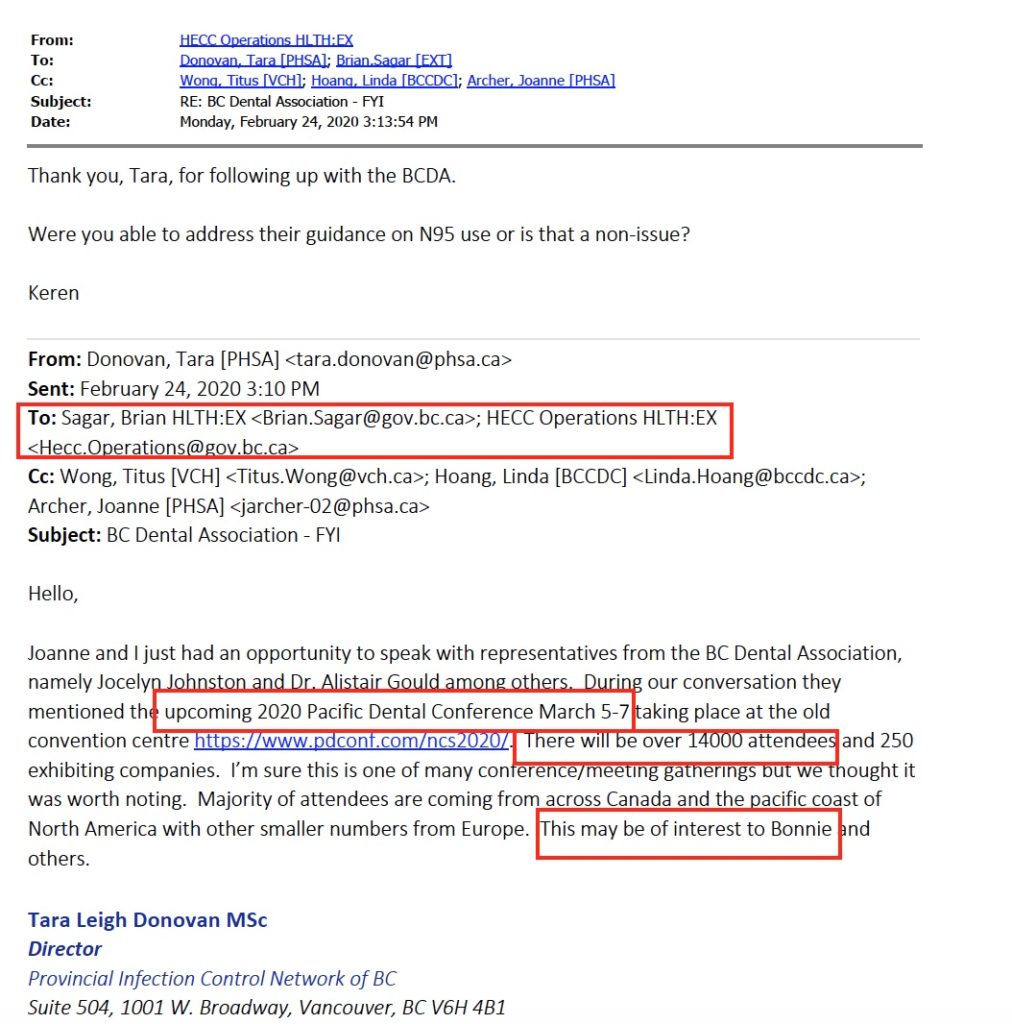
Email received by the B.C. government health emergency headquarters about the Pacific Dental Conference (FOI)
“I’m sure this is one of many conference/meeting gatherings but we thought it was worth noting,” Donovan wrote. “Majority of attendees are coming from across Canada and the Pacific Coast of North America with other smaller numbers from Europe. This may be of interest to Bonnie [Henry] and others.”
Brian Sagar, the senior director of communicable disease in the Ministry of Health, responded with a link to the Vancouver Convention Centre schedule and a remark: “Lots of big group gatherings in Vancouver in the coming months!!!”
Donovan also sent her message to the operations of the Health Emergency Coordination Centre in the Ministry of Health.
However, on March 16, Henry had a different story for reporters in Victoria.
“No, I was not aware of the dental conference, we were not consulted on that,” Henry said. “It was at a time when I was advising that medical conferences in particular should not be held. But I’m very disappointed in that fact.”
On March 8, the day after the conference ended, B.C. recorded its first death from the virus, a man in his 80s at the Lynn Valley Care Centre in North Vancouver. The World Health Organization declared a pandemic emergency on March 11, leading to mass-cancellations of PavCo-hosted events. The following week, the B.C. NDP government invoked a provincial state of emergency that continues to at least March 16, 2021.
Support theBreaker.news for as low as $2 a month on Patreon. Find out how. Click here.
Bob Mackin
Staff at the Vancouver Convention Centre
